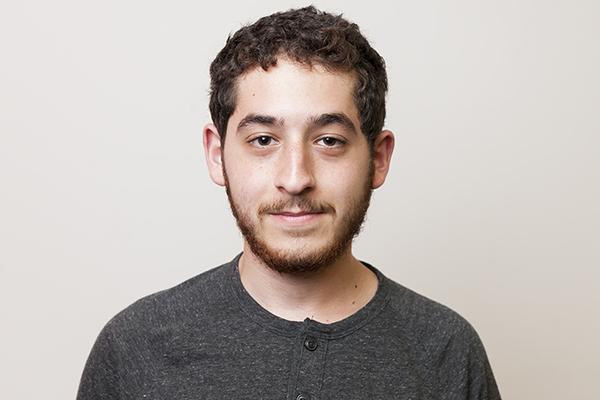University of Chicago’s Letter Restricts Academic Speech

September 6, 2016
Two weeks ago, the University of Chicago embroiled itself in controversy by sending a letter to incoming freshmen stating that the university did not support trigger warnings or safe spaces on campus. The letter reignited a national debate about political correctness and free speech. While discussion has centered on students, what has often been neglected is how this letter imposes the administration’s will on professors. In an effort to preserve “academic freedom” by discouraging trigger warnings and safe spaces, the school has actually limited the control of its professors over their own classrooms.
Many NYU students have encountered trigger warnings in their classrooms and syllabi before. These trigger warnings generally do not ban material outright. Instead, they warn students who have had traumatic experiences that the content may be disturbing. Trigger warnings are the beginning, not the end, to academic discussion. They serve to add another perspective to class analysis and help traumatized students work around material they may find troubling. Kate Manne, an assistant professor of philosophy at Cornell University, criticized UChicago’s stance by noting that in her class, students “will often thank me, not just for providing trigger warnings but for bringing up subjects they want to discuss because they’ve been there.”
Trigger warnings are part of an ongoing conversation about the evolving relationship between students, instructors and academic material. UChicago, ironically, attempted to save academic speech by limiting the speech of faculty. If administrators at UChicago truly felt professors opposed to trigger warnings were experiencing backlash from the community, they could have taken a different approach; the letter could have been an affirmation of an individual professor’s right to decide how to run his or her classroom, to include or exclude trigger warnings as they see fit. Instead, administrators undermined instructors who employ trigger warnings by stating that the university does not back their teaching styles and implying that such methods hinder learning.
A discussion of trigger warnings should take place in a classroom between professors and students — like all other academic quandaries — not in an administration board meeting. Universities are meant to be bastions of free speech, where multiple perspectives are not merely allowed but encouraged. Some instructors believe trigger warnings are a form of analysis, a way to broach a difficult subject with a class and allow students with traumatic experiences to participate; others view them as unnecessary or even dangerous by coddling students in false consensus. A diversity of perspectives on trigger warnings should be supported as conducive to a healthy intellectual environment. By supporting one side of the debate and delegitimizing the other, the UChicago administration is negating the very lesson it seeks to purvey: “The members of our community must have the freedom to espouse and explore a wide range of ideas.”
Opinions expressed on the editorial pages are not necessarily those of WSN, and our publication of opinions is not an endorsement of them.
A version of this article appeared in the Tuesday, September 6 print edition. Email Abraham Gross at [email protected].






















































































































































